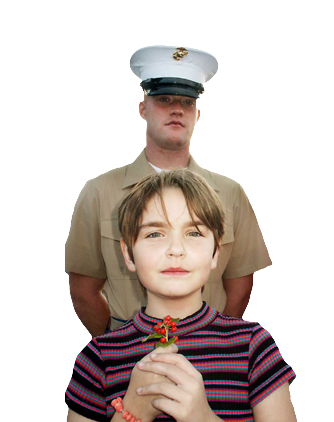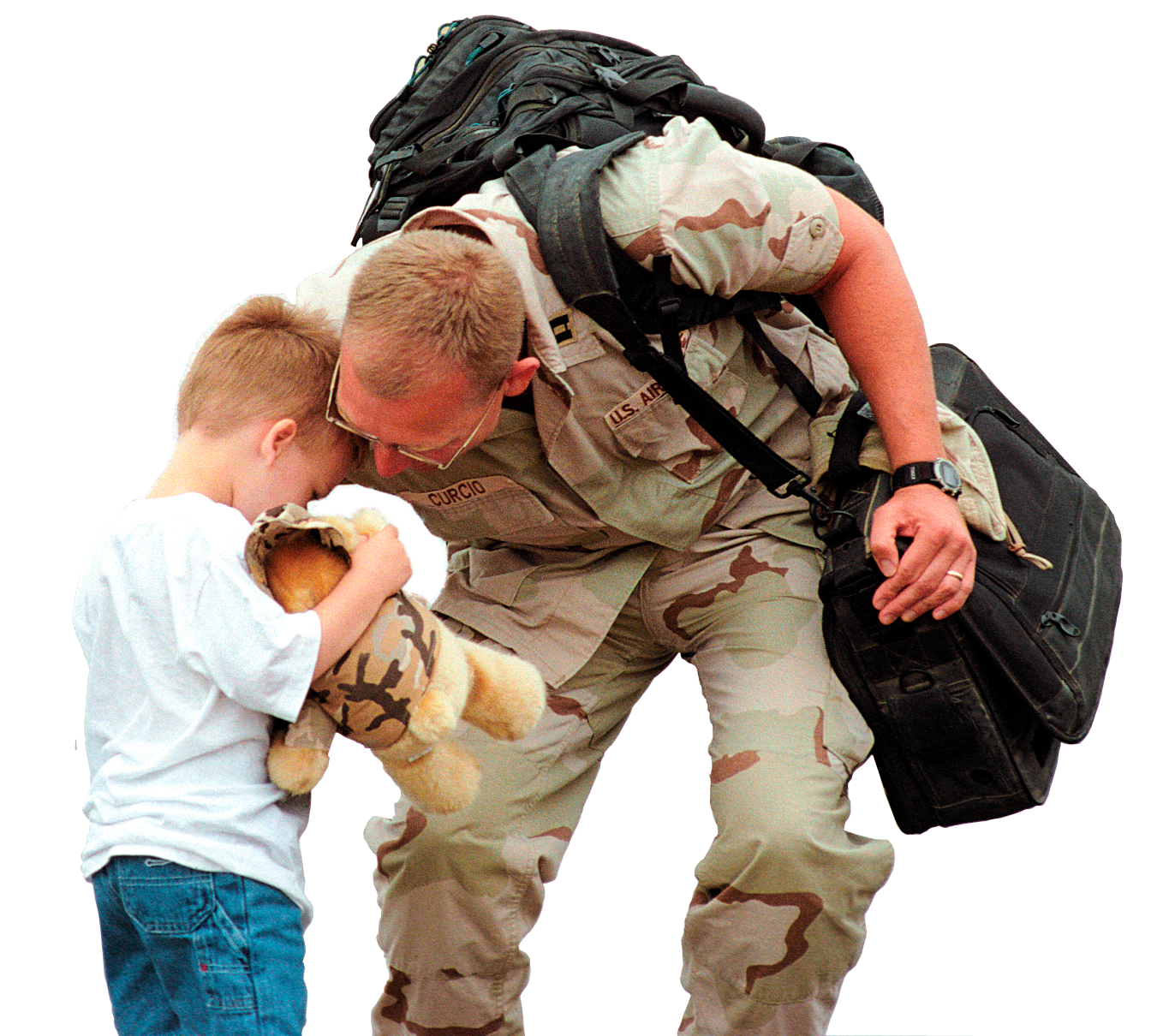[caption id="attachment_3613" align="alignleft" width="250"] Army Sgt. Nicanor Garcia left his native Panama in 1989 before the invasion by the U.S. Army and didn’t return until 20 years later. U.S. Army photo by Sgt. Travis Zielinski[/caption] CAMP TAJI, Iraq – After the U.S. Army invaded Panama in 1989 to oust the dictator Gen. Manuel Noriega, the country’s people went on to rebuild their lives.
Army Sgt. Nicanor Garcia left his native Panama in 1989 before the invasion by the U.S. Army and didn’t return until 20 years later. U.S. Army photo by Sgt. Travis Zielinski[/caption] CAMP TAJI, Iraq – After the U.S. Army invaded Panama in 1989 to oust the dictator Gen. Manuel Noriega, the country’s people went on to rebuild their lives.
 Army Sgt. Nicanor Garcia left his native Panama in 1989 before the invasion by the U.S. Army and didn’t return until 20 years later. U.S. Army photo by Sgt. Travis Zielinski[/caption] CAMP TAJI, Iraq – After the U.S. Army invaded Panama in 1989 to oust the dictator Gen. Manuel Noriega, the country’s people went on to rebuild their lives.
Army Sgt. Nicanor Garcia left his native Panama in 1989 before the invasion by the U.S. Army and didn’t return until 20 years later. U.S. Army photo by Sgt. Travis Zielinski[/caption] CAMP TAJI, Iraq – After the U.S. Army invaded Panama in 1989 to oust the dictator Gen. Manuel Noriega, the country’s people went on to rebuild their lives.Twenty years after Operation Just Cause, a soldier deployed here who left Panama before the war began to live in the United States had the chance to return to his native country as a U.S. soldier.Army Sgt. Nicanor Garcia, a crew chief with the 1st Cavalry Division’s 1st Air Cavalry Brigade, said the road back to Panama was worth the long wait.Garcia, 34, who now calls Kileen, Texas, home, said growing up in Panama was mostly pleasant, with little to worry about in his early years.“I was living in Panama City in a decent neighborhood,â€Â he said. “It wasn’t middle class, but it wasn’t lower class. It was something in between. Economically, it wasn’t so good, but I had the love of my mother and I had a lot of friends, so it wasn’t that bad.â€Â Garcia said things remained calm until Noriega’s regime began to take hold during the 1980s. “We had an elected president, [and] things were going well, but slowly it started deteriorating, and a dictatorship was established by General Noriega,â€Â Garcia said. “Suddenly, there would be no buses to take us to school, … so I couldn’t go to school because it was too far to walk.â€Â As the move toward war intensified, Garcia said Noriega began to resort to desperate measures to recruit for his army -- even trying to recruit boys as young as 11 -- and that his mother would have none of that. “I was 13 at that point,â€Â Garcia said, “so my mom said ‘No, you’re not going to be in Noriega’s army to defend him.’ She wanted to get me out of the country, so we went and applied for a visa, and thankfully I got approved.â€Â In April 1989 Garcia went to live with his grandmother in Brooklyn, N.Y., avoiding the war that would destroy his country. “God knows what could have happened if I’d stayed,â€Â he said. “Back then, there was so much confusion in the country during the hours of the invasion that anything could have happened. Shots fired could have gone through our window or doors, things like that. It could have gone bad. So I’m glad my mother got me out of the country.â€Â Joining the Army was an easy decision after 9/11, Garcia said. “I love New York City, and I used to see the towers every day. When they came down, I said to myself ‘I have to do something,’â€Â he said. “Another reason I joined is this country has given me so much. … In Panama, I would never be working on Apaches and I would never have the lifestyle the U.S. offered me.â€Â After joining the 1st Air Cavalry Brigade, Garcia said, he dreamed of returning to Panama. “I had to delay going back to Panama in part because of my Army career,â€Â he explained. “Also, I wanted to take my mom, who eventually came to the states and became a citizen. I wanted to take my family with me so we could experience it together, because I hadn’t been back there for so long.â€Â Garcia took his mother, wife and 5-year-old daughter back to Panama while on leave from Iraq last year, and found himself reliving his childhood. “From the moment I landed, memories started coming back. … I remembered leaving that airport, and it looked pretty much the same. I saw the rest of my family that were there to greet me at the airport. A lot of them were older, of course, and I met brand new cousins that I had never seen before.â€Â Garcia said he visited his former neighborhood, and that although Panama City has become modernized, the people remain the same. “I went back to my old neighborhood where I grew up, and it had totally changed,â€Â Garcia said. “There were still a few buildings that were there from when I was young; a mechanic and car repair shop with the same owner.â€Â “I went in and said hello to the owner, and he actually remembered me,â€Â he continued. “It was funny and interesting, because the country has changed so much, but the people haven’t.â€Â The experience left Garcia realizing things have improved significantly in Panama. “It has changed for the better, definitely, because if it wasn’t for the invasion, there wouldn’t be democracy in Panama,â€Â Garcia said. “I liked the whole experience, because it brought me back to when I was a kid. But at the same time, [it] reminded me where I came from. “I wanted to stay, but I had to come back and complete the mission,â€Â Garcia said with a laugh. Jan. 4, 2010: By Army Sgt. Alun Thomas-Special to American Forces Press Service (Army Sgt. Alun Thomas serves with the 1st Cavalry Division’s 1st Air Cavalry Brigade public affairs office.)






